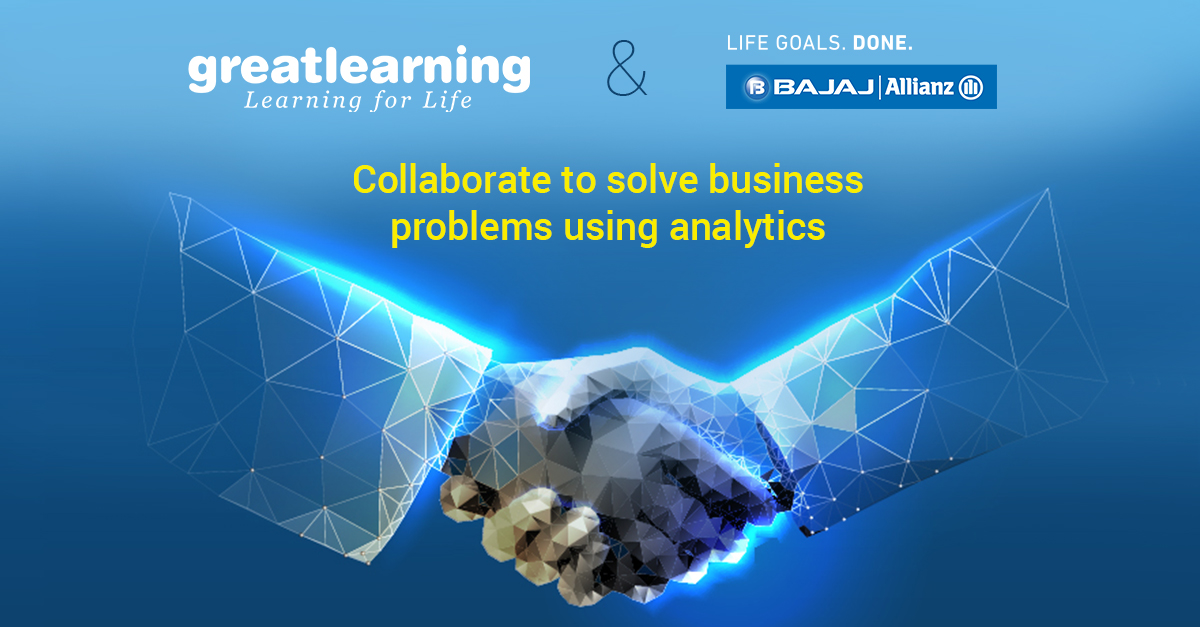Industrie 4.0, in simplified terms, is the union of manufacturing and technology. Thanks to the advent and adoption of IT solution for manufacturing industry, that has completely transformed into a high-tech service and replaced manual labour to a great extent. Analytics has played a game-changing role in manufacturing, targeting several problems in the industry from health risks, worker unions, poor optimisation methods, etc. Hence, it is only natural for professionals in this domain to upskill themselves to be able to make impactful contributions to their organisations and stay relevant in their jobs. The manufacturing industry has shown tremendous potential at accepting transformative solutions and here are 5 case studies that prove it:
- Improved forecasting and pricing for a major food manufacturer – Mu Sigma helped a leading food manufacturer to proactively identify the impact of pricing tactics adopted by its retail channel partners on the volume sales. The solution framework enabled the Pricing Managers to make more informed decisions by evaluating multiple scenarios and planning volume sales better by each of its retail channel partners, translating to a 2% increase in revenues. Read the details here.
- Optimal usage of moulds & pressing machines during manufacturing of moulded components – One of the top 5 global component manufacturers were experiencing significant downtime & productivity loss due to a suboptimal usage of Press & Mould identified in a polymer industry Implementation. The typical industrial optimiser was expensive & not able to cope up with the dynamic demand-supply situation. Cognizant used advanced analytics (machine learning) framework to significantly improve machine utilisation in a dynamic demand-supply environment. Read the full case study here.
- Improved pricing strategy by understanding price elasticity of demand for a leading food manufacturer – Mu-Sigma developed a pricing analysis framework to identify the impact of change in price of a product on its demand to improve promotion effectiveness for a food manufacturer in the US offering over 30 brands across different food product categories leading to 8% increment in sales volume. Read the details here.
- Identify growth opportunities across functions – A global CPG company needed to be able to predict and identify potential areas of growth that would apply to future scenarios in multiple markets and product lines (e.g., household detergent and food products). The company then chose to implement a growth driver analytics suite of the right tools to have a ‘forward-looking view’ of likely performance and identify granular opportunities for growth. Read here the transformative solution recommended by Fractal Analysis.
- Reduced raw and packaging material inventory levels for a leading consumer goods manufacturer – Mu-Sigma empowered the factory managers to understand the drivers of excess inventory in the manufacturing supply chain by developing capability within factories by creating a detailed continuous improvement framework for inventory reduction. Read the challenge, solution, and impact in detail here.
Sources: Mu-Sigma, Fractal Analysis, Nasscom.









